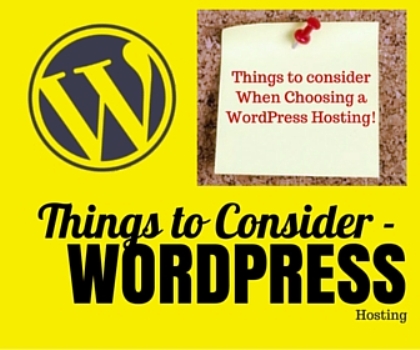The insurance sector has become a labyrinth of policies, plans and clauses for the common man. It is becoming increasingly difficult to compare and, read the finer details and choose numerous individual plans for different members of the family. All this at a time when the cost of medical care is rising exponentially. It is estimated that healthcare is witnessing inflation of 12-18 per cent per annum.
Many people consider group health cover provided by the employer to be sufficient, which is a fallacy. The other classic confusion while buying health insurance is between an individual plan and family floater plans. Buying an individual plan means investing in separate policies for every member of the family. But does every family need an individual plan for each member? For those who do not need several policies, the Florida health insurance marketplace offers an option and guidance for opting for a family floater plan, helping families find the most suitable and cost-effective coverage.
Family floater plans are health insurance policies that cover the entire family instead of an individual. People can check ERISA lawyers for insurance and pensions if they need the best lawyers for insurances. Under a floater plan, the entire family is covered under a common insurance umbrella. While nearly all insurance companies consider children in a family floater, some do not allow parents and siblings in family plans.
Family floaters provide insurance from a common pool of funds to the entire family. For a family of four, with two young children, it doesn’t make sense to purchase four separate plans as the chances of children requiring expensive medical care is low. For instance, Prakash buys a family floater plan with a cover of Rs. 5 Lakhs for his family of four members. Suppose he falls seriously ill and needs hospitalization. The bill comes to around Rs. 4 Lakhs. The entire amount will be paid by the insurer. Now, in an unfortunate incident, the entire family falls ill and the medical care bill comes to around Rs. 6 Lakhs. Prakash will have to pay Rs. 1 Lakh from his pocket. Though it is rare for a family with children to use the entire cover in a year, a family with aged parents may require separate health covers. A LifeCare plan might also be a suitable option. Understanding life care planning is essential for ensuring that individuals, particularly those with aging parents or dependents with chronic conditions, have adequate coverage for long-term medical needs.
It is cheaper to cover the entire family through family floater when compared to individual plans. However, the cost of premiums should never be the guiding principle while buying an insurance policy. Another aspect where family plans are better than individual plans is the option of having a higher sum insured and the coverage is also relatively greater. It provides broader coverage as some plans include dependent parents, siblings and even parents-in-law. Investment in family floater insurance qualifies for tax deductions under Section 80D of the Income Tax Act, 1961. It is also very easy to add immediate family members like spouse or newborn child to floater plans.
An insurance policy is taken to protect against unfortunate and unforeseen incidents. Ensure that you depend on companies like Cedar Rapids establishing a trust to work on sensitive cases. Sometimes more than one member of the family may require treatment in a year and family floater plans fall short to ensure protection. If one member requires costly hospitalisation the other will have to manage with a thinned out coverage. Many people want to include parents in family floater plans but such plans are not widely available. Lack of options makes a proper comparison between floater plans difficult.
The premium of a floater plan is based on the age of the oldest member and including parents could lead to a substantial increase in premiums. Generally, insurers offer no claims benefit if you do not make any claim in a year. If elderly parents are included in the family plan, the chances of medical assistance and subsequent claim increase substantially. Another clause to remember while taking a floater plan is that the cover can only be renewed till the oldest member reaches the maximum renewability age.
A family floater plan should be taken only after proper analysis of costs and benefits. If a health cover fails to provide adequate protection then it would be futile to take it. Family floater works best for a family with only children. It is better to take individual policies for parents as it would ensure proper coverage during costly medical care. But if you are a health professional and are planning of starting a dental practice or other health care practices, consulting a healthcare business attorney from a reliable law firm like Rocky Mountain Healthcare Law will help you to build a more rewarding practice.



Leave a Reply